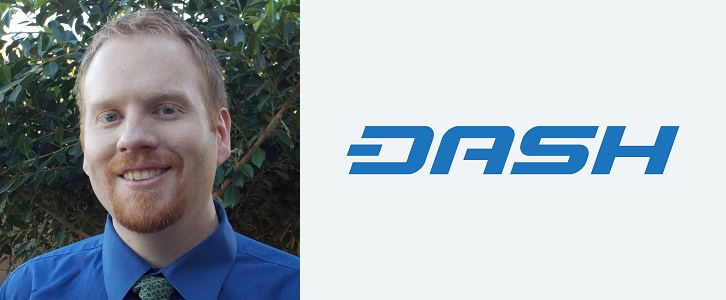Dash has implemented their “masternode” system, which involves dividing the block reward into three parts: 45 % goes to the miners, 45 % goes to masternodes, and 10 % is being set aside for Dash project funding.
Developers Evan Duffield and Daniel Diaz write that the masternode system is “an incentivized two-tier model, rather than the existing single-tier model in other cryptocurrencies such as Bitcoin.” Their goal is to avoid a reduction in the number of full nodes, the likes of which has been seen in Bitcoin over the past year.
Nodes are especially important to the maintenance of the Dash network, as they provide the services needed for two of Dash's most touted features: DarkSend (a native CoinJoin) and InstantX (instant confirmations).
Duffield and Diaz continue:
“Masternodes are full nodes, just like in the Bitcoin network, except they must provide a level of service to the network and have a bond of collateral [1000 Dash] to participate. Collateral is never forfeit and is safe while the Masternode is operating. This allows investors to provide a service to the network, earn interest on their invesment, and reduce the volatility of the currency.”

The 1,000 Dash required as “collateral” to be a masternode is intended to make it cost-prohibitive for a malicious actor to take over the network. Duffield and Diaz write that a malicious actor would currently need to purchase 2,300,000 Dash to gain control of 50 % of the network, and that the corresponding price increase would make an attack infeasible.
The remaining 10 % of the block reward that's going neither to miners nor masternodes is subject to Dash's new “decentralized governance” system. Vice-chair of the Dash Foundation, Fernando Guiterrez, told Cointelegraph:
“Anyone can submit development/promotion proposals with a budget to fund them, and the Masternodes will vote. Approved proposals will be funded directly from the blockchain with those reserved funds.”
It is unclear what percentage of masternode votes – whether simple majority or full consensus – are required for a proposal to be funded.
Paying nodes within the Bitcoin network has also been proposed by the likes of Justus Ranvier. For now, no major moves toward node-incentives look imminent for the largest cryptocurrency. It falls to Dash to act as an incubator in demonstrating whether or not it is advantageous to pay the people who maintain the blockchain.
